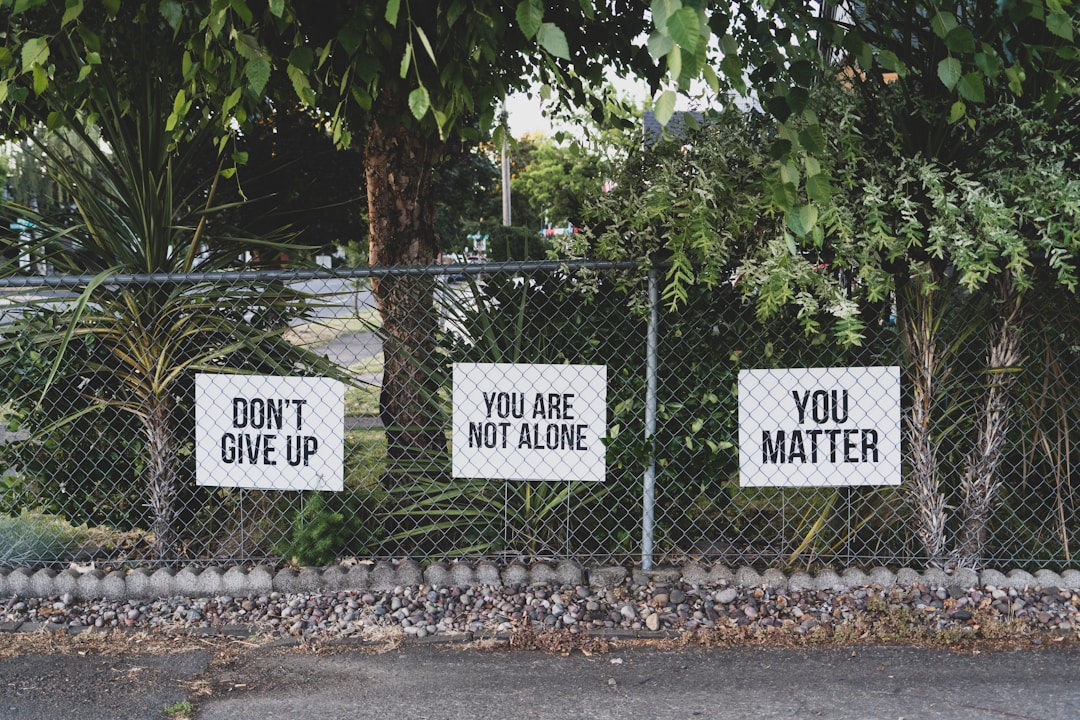
Do Colleges Run Student Background Checks?
You’re ready to take the next step in your life and, like many, this means attending college or some kind of education that will help you advance in the career path that you’re interested in. If you’re someone with a criminal history or criminal record, you might be worried that your school performs criminal background checks. Just because you may fall into this category and may have a criminal conviction or substance abuse in your past, that doesn’t mean that you should stop trying to pursue the goals you’ve established for your life. Keep reading to understand more about college-based background checks and how you can move forward to achieve your goals.
What should you know about college background checks?

While there’s not a straight-forward answer to whether colleges run criminal background checks, there is still some useful information out there. When you’re wondering if colleges run background checks on students, you should know that most universities do run background checks in some capacity, but this doesn’t mean that you won’t get into your school if you have a criminal record.
Depending on your school, they may do an informal check by asking if you’ve ever been convicted or criminally charged. However, if you’re planning on living in a dorm room, you’ll likely have a criminal history check to screen for sexual offenses, felonies, drug offenses, or violent crimes. Plus, you should note that having criminal charges actually affects your eligibility to receive financial aid. You’ll have to fill out a form to explain your conviction so that financial aid can determine how to move forward.
Understand the programs that do require background checks.

Though your college will likely perform a general criminal background check, prospective students should know that specific programs will maintain these checks beyond your broad application to the university. For example, if you’re going to college to become a teacher, you will have to be cleared through a criminal background check to begin your fieldwork or student teaching. Another program where you’ll experience more in-depth background checks includes jobs in the medical field too. However, just because you have a criminal record or past, you shouldn’t feel discouraged. Before going through with a program, speak with trusted advisors about your concerns about the background check. They might be able to help you better navigate if your criminal conviction may deter you from a specific field. Yet again, it should be noted that these crimes must be violent and serious to keep you away from the prospects of a new life.
How can you better adapt to a healthy lifestyle?

If your previous criminal convictions are due to substance abuse disorders, then you understand firsthand what it takes to commit to the recovery process. You’re a strong person who has worked towards addiction recovery. Nevertheless, college is filled with triggers from other college students. To best adapt to your post-addiction lifestyle, continue to remain in an addiction treatment program throughout the duration of your college career.
It’s never a bad idea to avoid triggers by staying away from parties and alcohol or drugs to avoid the temptation. If your current friends aren’t supportive of your recovery process, then it might be time to make new friends who will contribute to your success. This time should be focused on your recovery, overall health, and academic goals which will all encourage you to re-establish your strength and confidence in yourself.
In the long-term, minor convictions will not deter you from pursuing your academic goals. Despite the fact that most colleges run student background checks, you now know what to expect, depending on the severity of your conviction. Even with these obstacles in the way, you know that pursuing an education is a big step towards a way of life.
